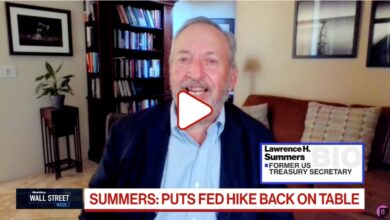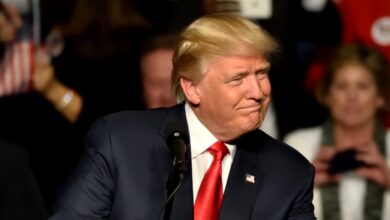VIDEO: House to Vote on New Bill Aimed at Banning Members of Congress From Trading Stocks
The introduction of the new stock trading bill ‘Combating Financial Conflicts of Interest in Government Act’ comes on the heels of the recent alleged insider trading controversy surrounding House Speaker Nancy Pelosi and her Venture Capitalist husband, Paul Pelosi. Paul had allegedly exercised call options in Nvidia (NASDAQ: NVDA) ahead of a Senate vote that would see the chipmaker secure a $52 billion subsidy.
According to the newly released draft legislation, if enacted into law, members of Congress, Supreme Court Justices, executive branch members, senior Government officials, and congressional staff will be banned from trading or owning individual stocks, commodities, futures, or cryptocurrencies.
Commenting on the bill, Rep. Zoe Lofgren (D-CA.), chair of the Committee on House Administration, stated:


Critics of the new legislation have already spotted what some call a massive loophole that would allow members of congress to skirt the rules with the use of a ‘blind trust.’ instead of selling any existing holdings.
Per Investopedia, a blind trust is:
In a statement to Business Insider, Dylan Hedtler-Gaudette, government affairs manager at the Project on Government Oversight, highlighted the problem caused by the blind trust loophole, stating:
House lawmakers are expected to vote on the legislation by the end of this week, before Congress adjourns until after the November 8th midterm elections.
Follow Wealthy VC on Social Media: Facebook | Instagram | Twitter | LinkedIn | GETTR | Tumblr
????Join the Discussion in the Wealthy VC Investor Group
????Have a Stock Tip or New Story Suggestion? Email us at Invest@WealthyVC.com
Disclaimer: Wealthy VC does not hold a long or short position in any of the stocks mentioned in this article.





